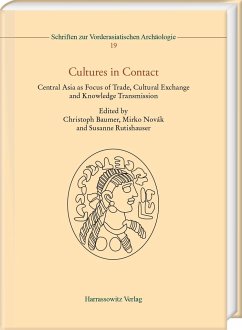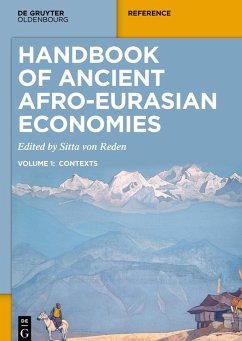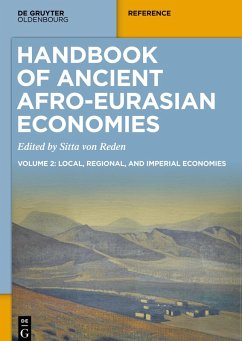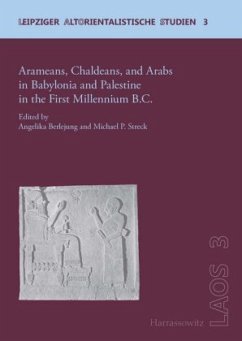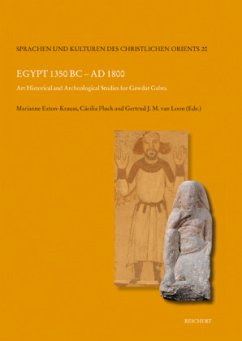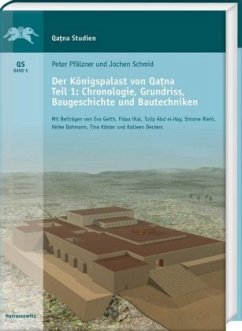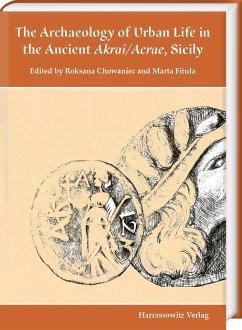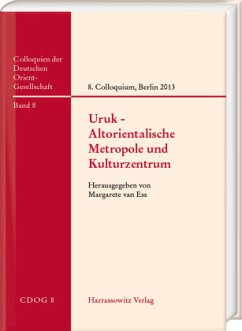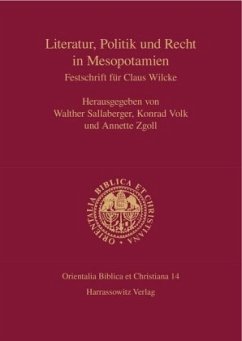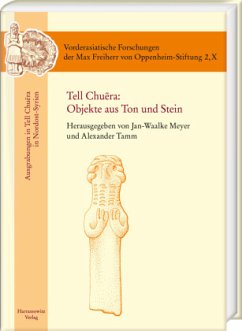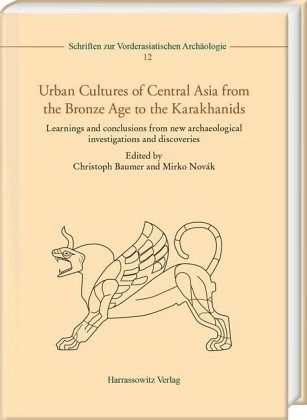
Urban Cultures of Central Asia from the Bronze Age to the Karakhanids
Learnings and conclusions from new archaeological investigations and discoveries. Proceedings of the First International Congress on Central Asian Archaeology held at the University of Bern, 4-6 February
Herausgegeben: Baumer, Christoph; Novák, Mirko
Versandkostenfrei!
Sofort lieferbar
90,99 €
inkl. MwSt.

PAYBACK Punkte
45 °P sammeln!
For the first time a comprehensive presentation of the development of urban cultures in Central Asia from the Early Bronze Age (around 3000 BC) to the Middle Ages (about 1200 AD) is exemplarily illuminated in this book on the basis of individual research projects. The treated area extends from Turkmenistan to Mongolia and was home to cultures such as the Bronze Age Bactria-Margiana Archaeological Complex (BMAC), the Sogdian of the Iron Age, the early Parthian or various early medieval ones, namely in the Zhetysu ("Seven Stream country") in the southeast of Kazakhstan. The urban civilizations t...
For the first time a comprehensive presentation of the development of urban cultures in Central Asia from the Early Bronze Age (around 3000 BC) to the Middle Ages (about 1200 AD) is exemplarily illuminated in this book on the basis of individual research projects. The treated area extends from Turkmenistan to Mongolia and was home to cultures such as the Bronze Age Bactria-Margiana Archaeological Complex (BMAC), the Sogdian of the Iron Age, the early Parthian or various early medieval ones, namely in the Zhetysu ("Seven Stream country") in the southeast of Kazakhstan. The urban civilizations that developed here were closely interrelated, on the one hand, with the cultures of the nomadic ranchers who traversed and inhabited this vast region and, on the other hand, with the more developed neighboring civilizations of the Near East and the Far East. Thus, the region became a diverse exchange zone of cultural and religious influences and also played a major role in the transmission of cultural impulses.The richly illustrated book reflects the contributions of a conference that took place in Bern in 2016 and includes 28 contributions from 50 researchers from 14 countries. The results of many of the excavations presented here will be published in English for the first time. Each article is accompanied by an extensive bibliography and a Russian abstract.



